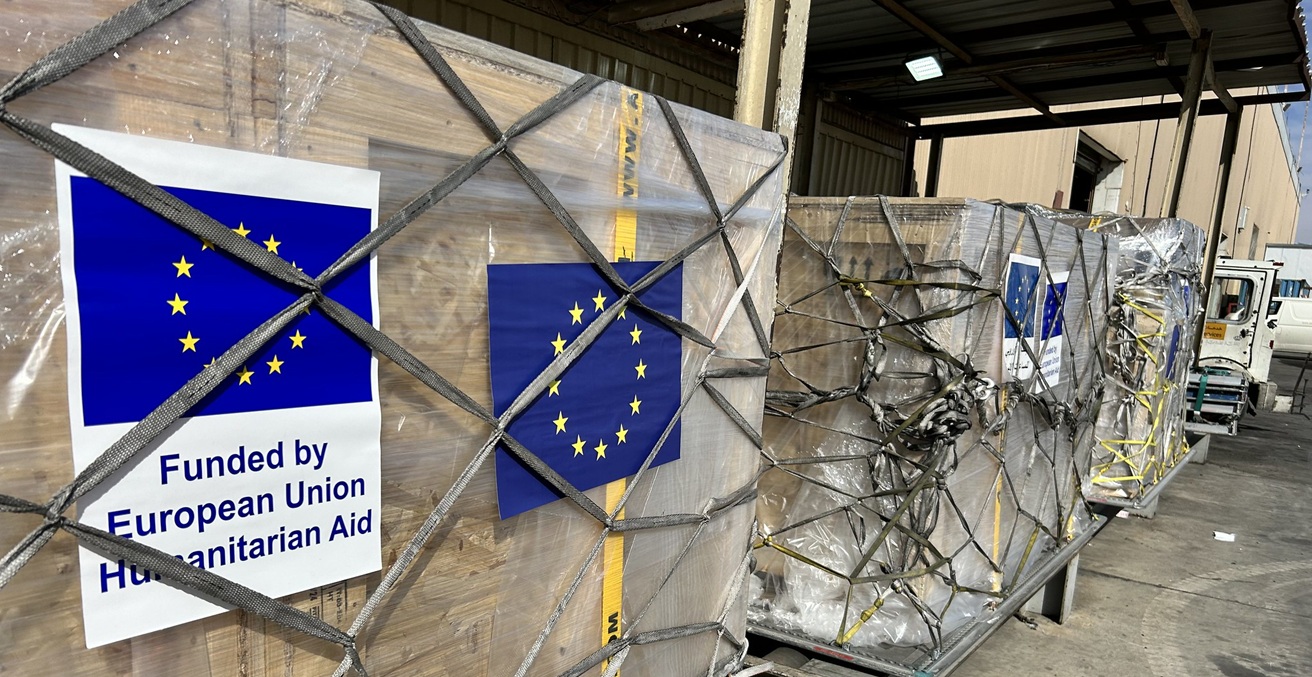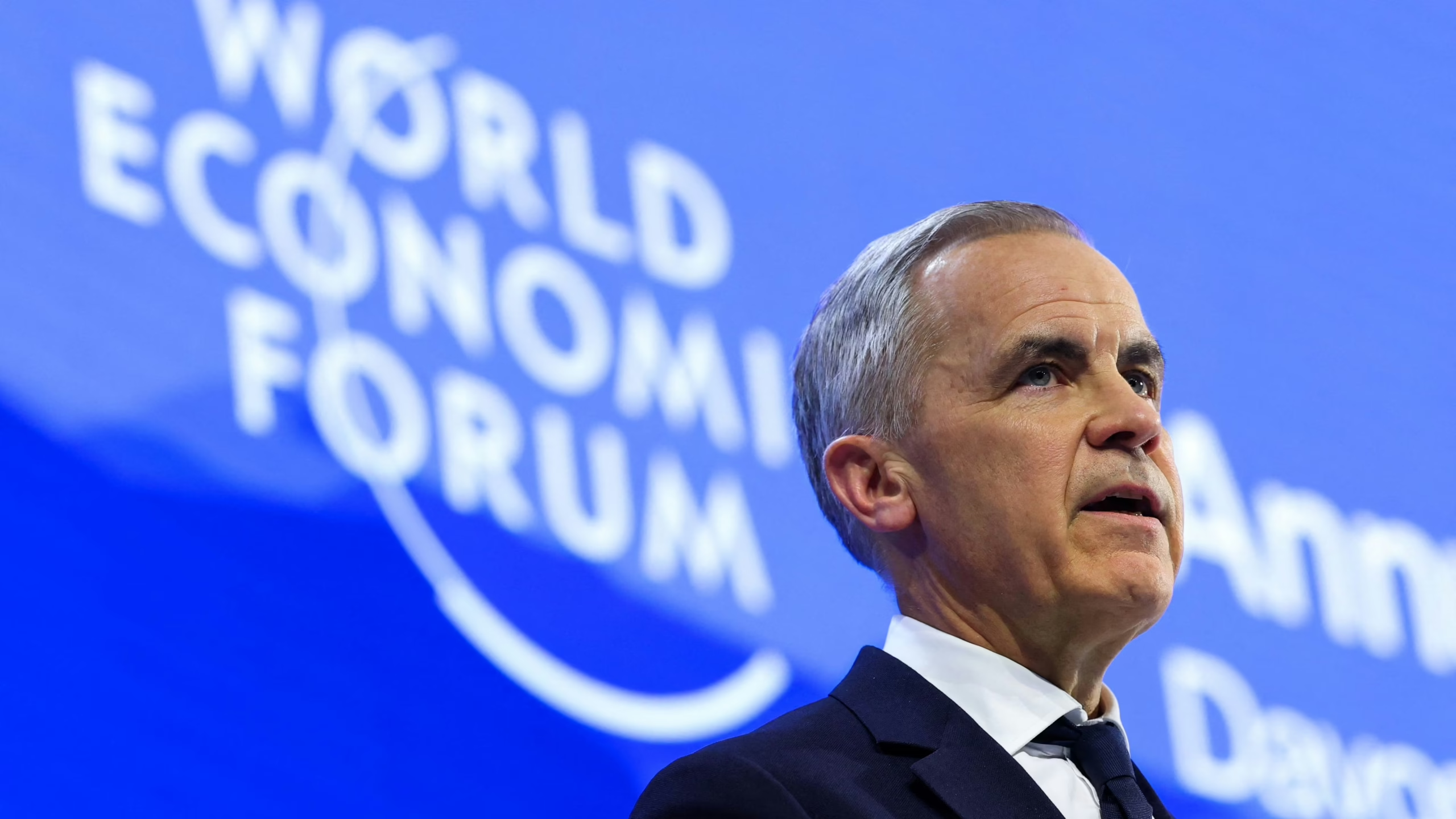As humanitarian needs escalate in Gaza, Israel’s contractor-led aid model raises urgent legal and ethical questions. Can a non-UN, security-conscious delivery system uphold international humanitarian law and improve civilian access—or does it risk undermining neutrality and trust?
Israel’s new contractor-led aid distribution model in Gaza, while controversial, may be both legally and morally justified if it ensures impartial and effective delivery of humanitarian aid while preventing its diversion by Hamas. We contend that in complex conflict zones like Gaza, traditional UN mechanisms of humanitarian aid can be inadequate or compromised, and alternative models, provided they are compliant with international humanitarian law, may offer a viable means to safeguard civilian welfare.
International humanitarian law (IHL) unequivocally forbids using hunger as a weapon. Additional Protocol I to the Geneva Conventions prohibits starving civilians as a method of warfare. The UN Security Council in the past “strongly condemned the use of starvation of civilians as a method of warfare.” IHL imposes affirmative duties on parties to conflict to ensure civilians receive life-sustaining aid. The Fourth Geneva Convention stipulates that an occupying power “has the duty of ensuring the food and medical supplies of the population” under its control. If an occupier cannot fully meet civilians’ needs, it “must agree to relief” operations by others.
These legal principles frame the ongoing debate over Gaza aid. Since Hamas’ 7 October 2023 attacks, and the subsequent war, Gaza’s civilians have endured severe deprivation. Any initiative to modify aid distribution must be assessed against these legal benchmarks: does it better fulfil the duty of care to civilians, or does it risk breaching the prohibition on starvation and collective punishment?
During Somalia’s civil war in the early 1990s, terrorist warlords intentionally weaponised food aid to bolster their power: by some estimates, Somali militias diverted nearly 50 percent of all food aid shipments in 1992. Starvation became a weapon of warfare. Blocking aid or stealing relief supplies enabled armed groups to dictate the population’s survival.
This cynical abuse of humanitarian aid ultimately led to a US-led intervention (Operation Restore Hope) aimed at securing aid delivery. The Somalia example underscored that when insurgents or local strongmen manipulate relief for political gain, extraordinary measures may be justified to ensure aid reaches civilians. Famine zones from Somalia to Sudan have demonstrated that denying relief or exploiting hunger as a means of coercion is not only morally repugnant, but also a clear violation of IHL. The UN Security Council’s Resolution 2417 (2018) was a direct response to such scenarios, condemning starvation tactics and urging accountability for those who impede aid.
It is within this context that Israel, with US support, unveiled a new Gaza aid distribution model in May 2025. Frustrated with longstanding UN-led mechanisms, Israel’s war cabinet approved a plan to replace UNRWA and other UN agencies with a system run by a consortium of private contractors and organisations. The centrepiece is a Swiss-registered entity known as the Gaza Humanitarian Foundation (GHF), formed in early 2025, which would oversee logistics and distribution in coordination with Israeli authorities.
The motivation behind this dramatic shift follows Israel’s argument that Hamas has been diverting supplies, and claims that militants have infiltrated UN agencies or taxed their aid convoys. By “bypassing Hamas” and using vetted contractors, the new model aims to ensure that food and medicine reach civilians without being stolen or appropriated by Hamas.
Does this contractor-led aid model have a legal and moral basis? A supportive analysis can indeed find justification, rooted in the same IHL principles discussed earlier. Legally, nothing in the Geneva Conventions mandates that the UN or any specific entity oversee humanitarian relief; what matters is that aid be delivered impartially and effectively to civilians. An occupying power has the right to supervise and control relief efforts for legitimate security reasons, such as searching shipments for weapons or preventing aid from being diverted to enemy fighters.
Israel can argue that excluding UN agencies is a non-arbitrary decision driven by concrete security concerns, namely Hamas’ demonstrated attempts to exploit UN aid. If Hamas has a history of commandeering relief goods, then requiring a new distribution mechanism that excludes Hamas could be seen as a “valid, non-arbitrary reason” to replace the old UNRWA-led system.
The Israeli-US contractor plan rests on the imperative of protecting humanitarian aid from abuse. This considers not only the quantity of aid but also its distribution. By directly provisioning families under close monitoring, Israel aims to cut out the “middleman,” Hamas. In Somalia, only the deployment of US military escorts and later UN peacekeepers ensured that aid could bypass the warlords’ stranglehold. Likewise, in Gaza, a more muscular and controlled delivery system could be seen as the only realistic way to guarantee that food is not weaponised.
UNRWA and others have struggled to prevent corruption or militant interference in Gaza’s aid over the years. From that perspective, it is morally defensible to seek an alternative if the established system is being manipulated. The new model’s emphasis on “rigorous audits” and the involvement of experienced logisticians, including a former World Food Programme director as an advisor, is intended to lend credibility to the assurance that aid will reach its intended recipients.
At the same time, humanitarian organisations warn that “aid operations must remain neutral, independent, and civilian in nature,” and that “treating humanitarian relief as a militarised mission” violates those principles. The new Gaza aid scheme blurs the line between humanitarian and military spheres. Private security firms and Israeli forces securing aid stations directly link relief to one belligerent’s control. This raises legitimate concerns under the humanitarian principles of neutrality and independence. Civilians may perceive aid distribution as an arm of Israeli policy, potentially eroding trust and putting beneficiaries at risk of retribution.
International law does not itself ban an aid mechanism operated by a belligerent, provided that assistance is offered “without any adverse distinction” and not as a reward or coercive tool. Critics are concerned that the contractor model might prioritise aid for civilians who comply with Israeli directives, leaving others out. To genuinely meet IHL’s requirement for impartial aid, Israel and the US must demonstrate that all civilians in need across all of Gaza will receive assistance. If currently only half the population is covered, the plan must urgently expand or risk breaching the principle of impartiality.
So far, the UN has outright refused to participate in the new scheme, with the Secretary-General’s team stating that the proposed model “violates humanitarian principles” and UN agencies will not lend it legitimacy. The lack of established humanitarian actors poses a vulnerability to the plan’s credibility.
Israel’s contractor-driven aid model in Gaza represents a bold recalibration of humanitarian operations in conflict. It challenges the orthodox notion that only UN agencies can deliver aid, positing that when those structures fail, a controlled alternative may be warranted. A conditional, security-conscious aid delivery can save lives without empowering Hamas. Legally, Israel walks a fine line: it must demonstrate that this new mechanism better upholds its obligations to care for Gaza’s civilians under IHL.
Supporting this model does not require a blind endorsement of every aspect; rather, it calls for a nuanced perspective that, in extreme cases, may allow imperfect solutions to outperform dysfunctional ones. The moral litmus test will be whether Gaza’s civilians are better off and more secure in their access to food and medicine under the new scheme.
Andrew Fox served for 16 years in the British Army (2005-21). He was a senior lecturer at the Royal Military Academy Sandhurst, teaching in the War Studies and Behavioural Science departments. He is currently an associate fellow at the Henry Jackson Society, specialising in Defence, the Middle East, and the psychology of disinformation.
Dr Sascha-Dominik (Dov) Bachmann is Professor in Law and Co-Convener National Security Hub (University of Canberra), University of Canberra, and a Research Fellow with the Security Institute for Governance and Leadership in Africa, Faculty of Military Science, Stellenbosch University. Sascha was a Fellow with NATO SHAPE ATO (Hybrid War and Lawfare Pacific) until 2025 and is an affiliated Researcher at the Risk and Crisis Centre, Mid Sweden University.
This article is published under a Creative Commons License and may be republished with attribution.





